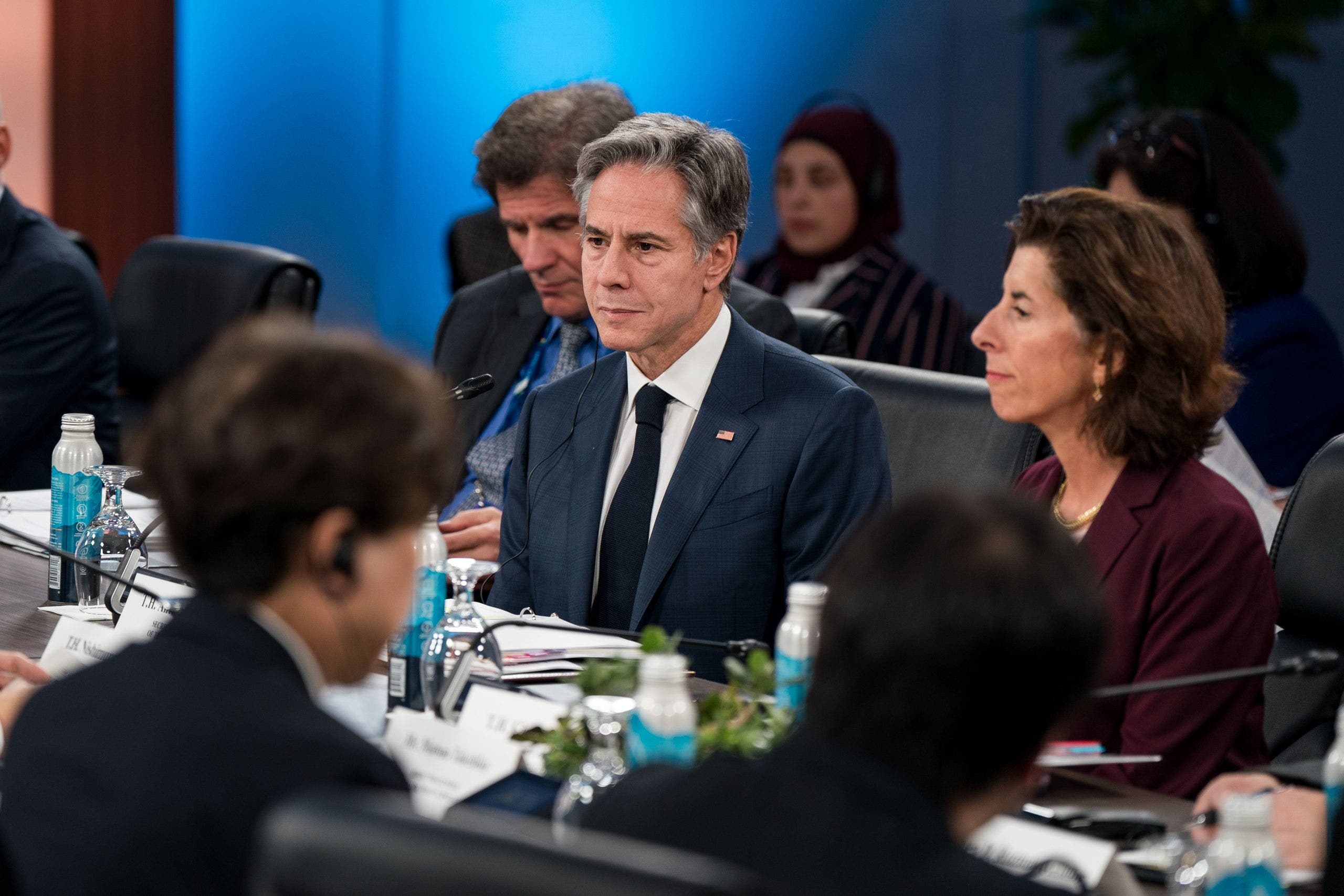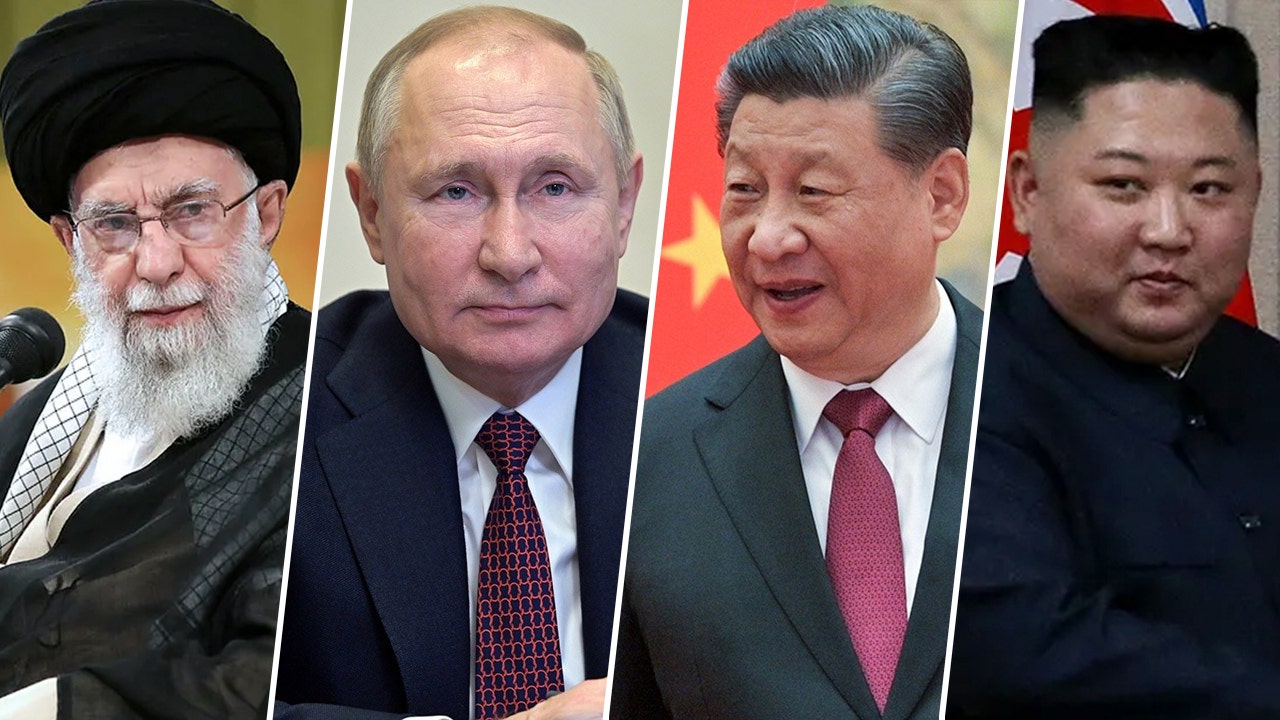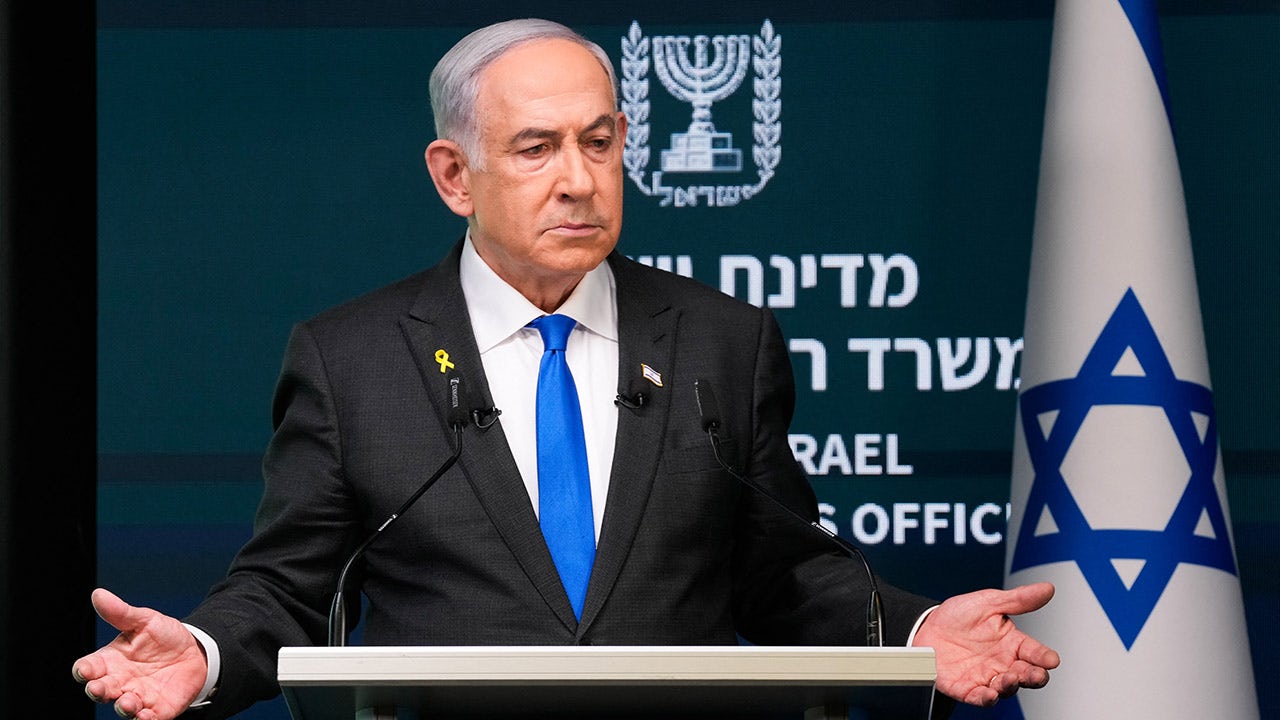Former Colombian President Álvaro Uribe was charged Friday in a long-running witness tampering investigation.
Uribe was formally charged with witness tampering and bribery for his efforts to discredit a political opponent who was digging into Uribe’s family ties to right-wing paramilitary groups. If convicted, Uribe faces up to 12 years in prison.
The case dates back to 2012, when Uribe filed a complaint with the Supreme Court accusing a leftist lawmaker, Iván Cepeda, of slander. In 2018, the high court — the only authority allowed to investigate lawmakers — closed the investigation against Cepeda, and in a bombshell reversal, announced it was opening a new probe into Uribe, who was then a senator for fraud and manipulating testimony.
ATTACK ON POLICE STATION IN COLOMBIA LEAVES 2 OFFICERS DEAD, BOMB BLAST INJURES 6 OTHERS
Uribe, who governed Colombia with strong U.S. support from 2002 to 2010, has denied any wrongdoing and has accused Colombia’s chief prosecutor’s office of “political vengeance.”
There are wiretapped phone conversations in which the former president can be heard discussing with one of his lawyers efforts to flip two former paramilitary fighters who were set to testify against him. Uribe said his conversations were intercepted illegally.
FILE – Former President Álvaro Uribe arrives for a press conference at the Democratic Center party headquarters, in Bogotá, Colombia, June 29, 2022. On Friday, May 24, 2024, Uribe was formally charged with witness tampering and bribery for his efforts to discredit a political opponent who was digging into his family ties to right-wing paramilitary groups. (AP Photo/Lina Gasca, File)
The long-running legal battle is taking place against a polarized political backdrop in the South American nation that has been made more intense by the 2022 election of another Uribe critic, President Gustavo Petro, a former leftist rebel himself.
No political leader in Colombia’s recent history has wielded as much influence as Uribe, who still has legions of followers. He led the “no” campaign that successfully voted against a peace accord with leftist rebels in 2016, though the government later adopted a slightly revised version.
Allegations of ties to drug cartels and paramilitaries have dogged him since the early 1980s, when the civil aviation agency he then led was accused of giving air licenses to drug traffickers. Declassified State Department cables from a decade later show U.S. officials were told the up-and-coming politician had ties to cartels.
The media attention and strong emotions surrounding the case have complicated the work of Colombia’s justice system, which throughout its history has struggled to hold prominent political and military leaders accountable.
Before Petro took office, Colombian prosecutors tried twice to close the witness-tempering case after saying they had failed to find evidence of Uribe’s criminal responsibility. However, those requests were rejected by judges, and in April, after Petro appointed a new attorney general, prosecutors changed course and said they would take the case to trial.
Friday’s hearing was held through video conference and Uribe had a limited role, leaving most of the talking to his lawyer.
The chief prosecutor, Gilberto Ivan Villareal, said the former president “abused his distinguished position in society” to flip witnesses and get them to speak out against Cepeda.
Uribe was briefly held under pre-trial house arrest in 2020 during the coronavirus pandemic under orders from the Supreme Court. But he was freed shortly after resigning his senate seat. The move prompted the justice system to transfer the case from the high court to prosecutors.




